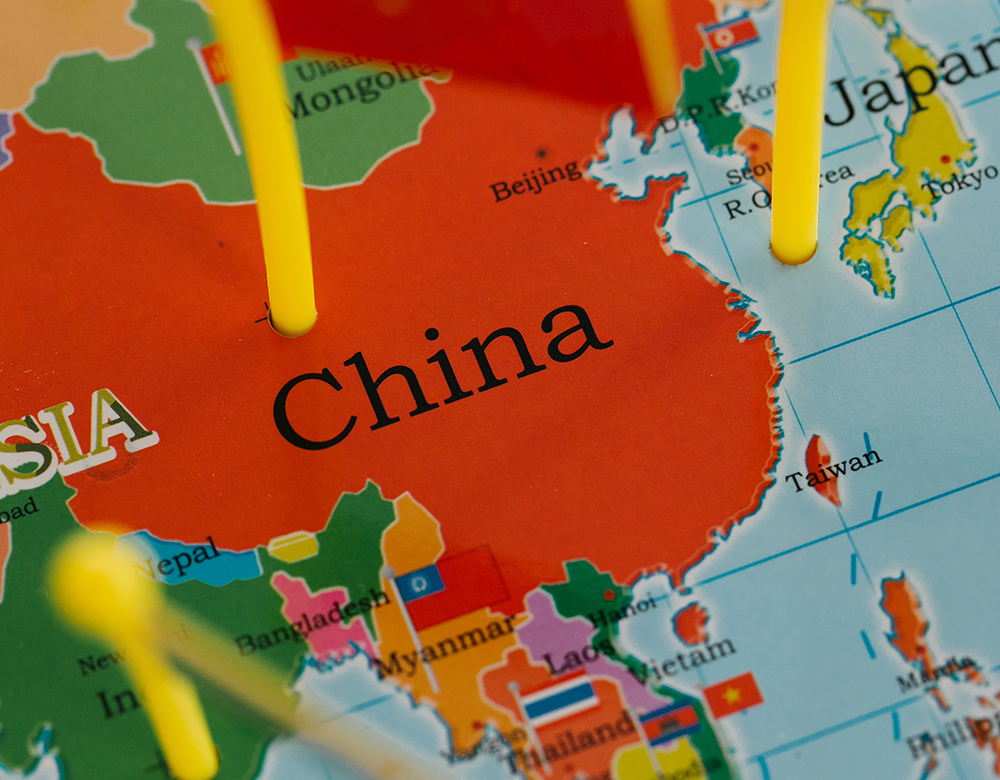Managing PKU in Ukraine


We are happy to share this blog coming from Anna from Ukraine whose son Erik has PKU. We are grateful to Anna for sharing her story with the low protein community.
- How was your child or you diagnosed? How many days after birth the diagnosis was confirmed? What were the first steps after diagnosis?
My son Erik was born in 2017 in Ukraine, a blood test was taken at the maternity hospital, and a month later a geneticist reported a problem, then we repeated the test and classic PKU was confirmed. It was a difficult period in life, but I think we managed to accept the diagnosis.
- What was the most difficult thing for you at the start of the low protein diet? What were the challenges?
We would like more support from doctors, but we were told about the basic rules. We were also given contacts of other parents of children with PKU, and they showed us how to take a test, and in the community of parents we learned how to count proteins and much more.
- Please provide an outline of the low protein diet management in your country. How do you manage your child’s diet? What low protein products are you using? What are the favourite low protein foods?
In Ukraine, it is customary to weigh all foods and count the protein that a child consumes. We have several local producers of low protein products, and also many products are ordered from Poland.
There is a frequent problem with the provision of medicinal mixtures, procurement and delivery, sometimes there are delays in small towns and villages this problem is more noticeable.
- What challenges (if any) do you face on a daily basis?
Since our child does not have a high protein tolerance, the choice of foods and dishes is very limited. We need to look for a balance between a small amount of protein and so that the child wasn’t hungry.
- Please describe briefly the way the provision of low protein foods and protein supplements is managed in your country. How do you source these products?
Ukraine provides children and adults with medicinal formula, but the choice is not as large as in other countries, and there are often delays in supplies, which causes enormous stress for parents. Parents buy food themselves.
- Any advice or message to the rest of the low protein community worldwide.
PKU is a rather complex disease and I think that children, parents and adults with PKU are great, since it all requires more work. I hope that in the future it will be easier for people with PKU to maintain a diet and medications will help expand the diet. I also think it is important to support manufacturers of low protein products, educate society about this disease and in every possible way support families with children and adults with this disease.
- Anything else you would like to add would be much appreciated and shared with the low protein community.
RELATED STORIES
-

Managing PKU in China
We are happy to share a serious of blogs about managing a low protein diet worldwide. The first stop on our round the world…
-

Managing PKU in the USA
Our next stop on the round the world tour is the USA! This one is from Joseph M. Long, a PKU adult who is…
